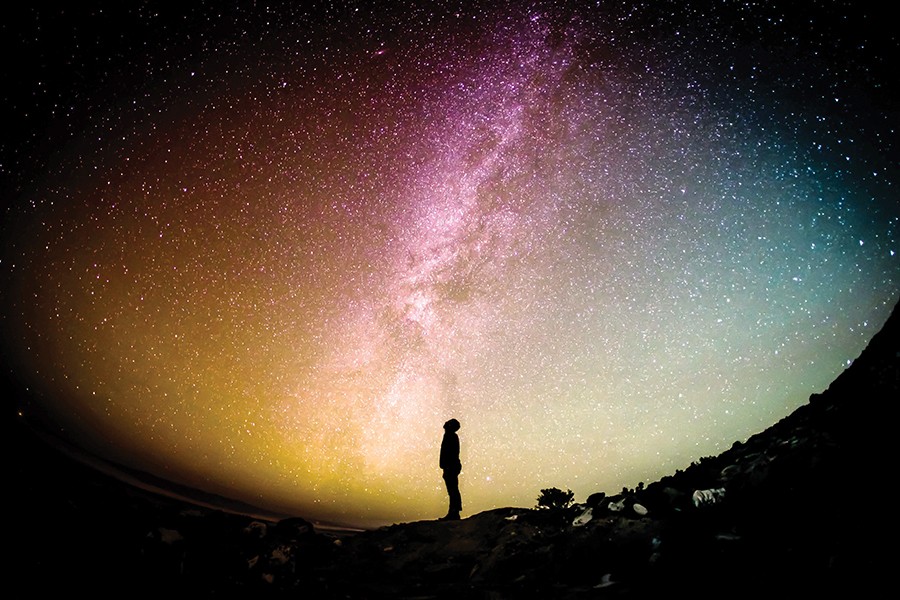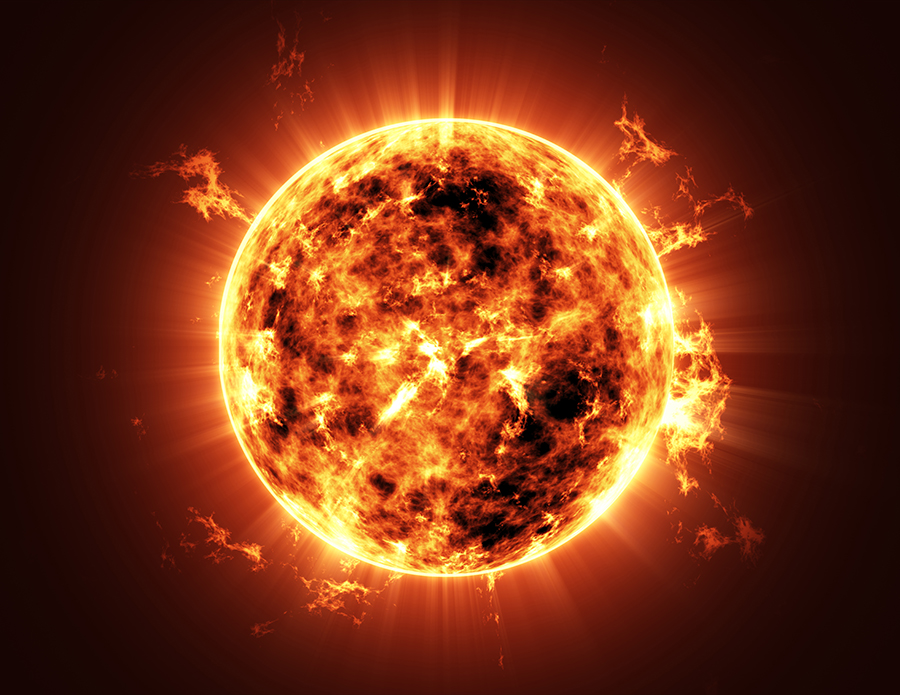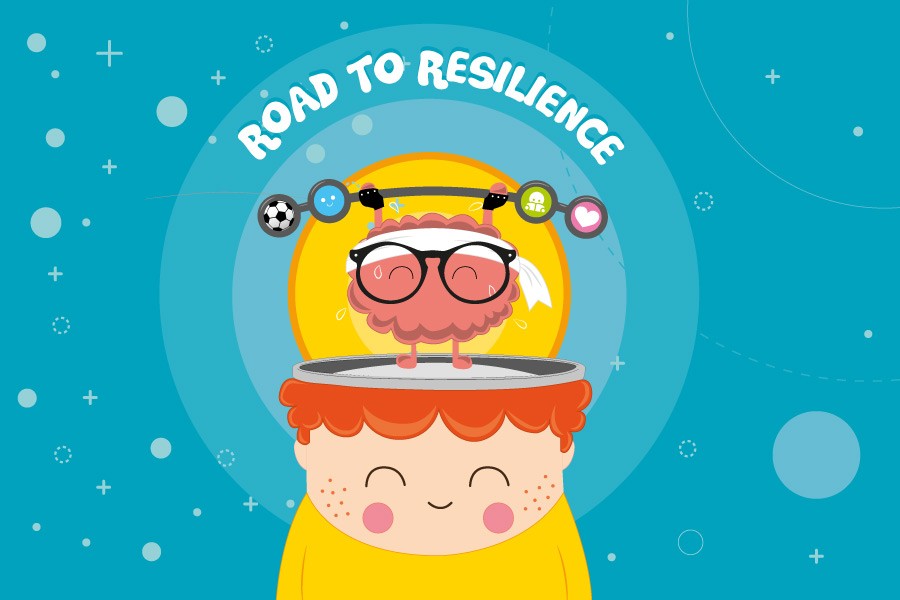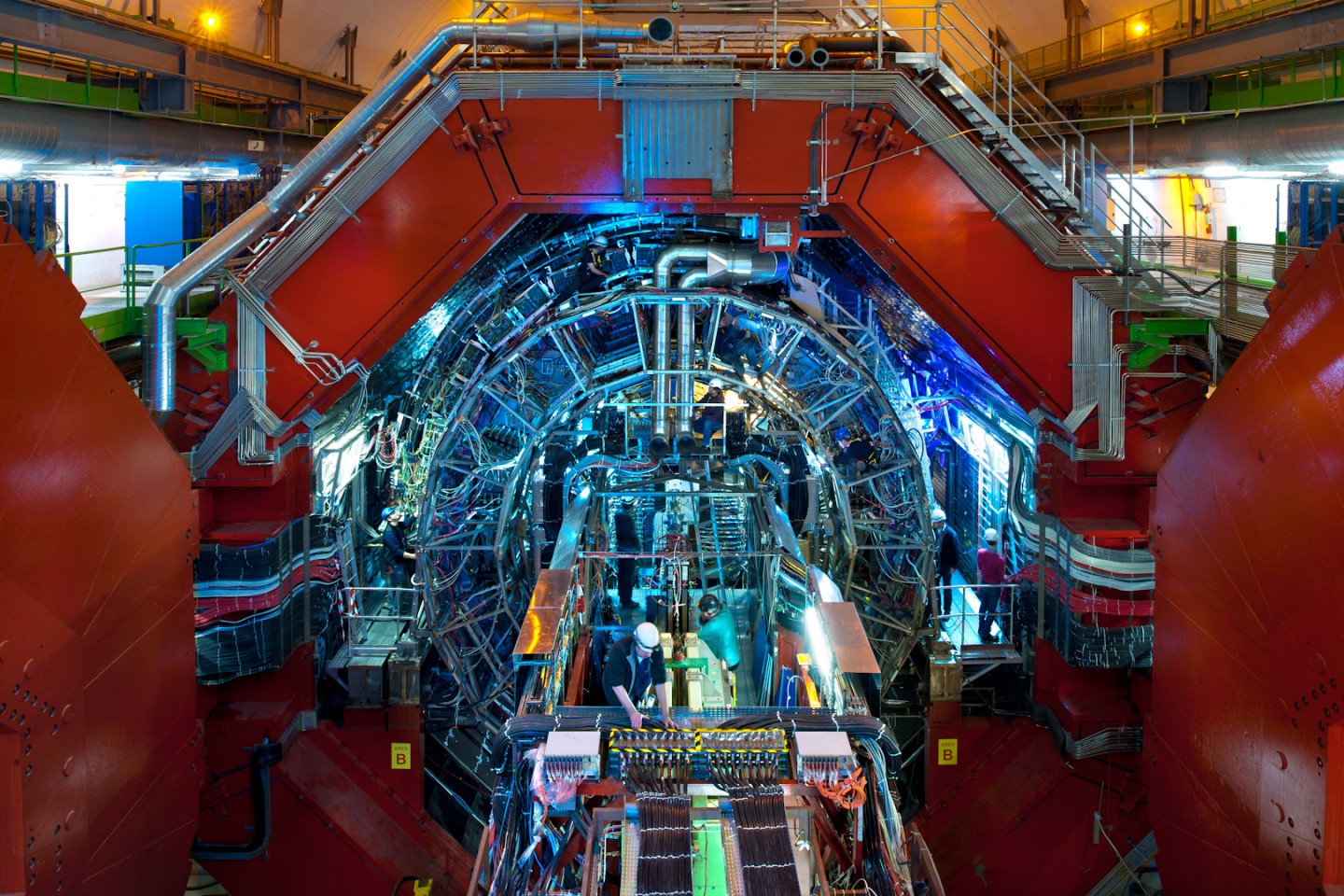Now involving nine European universities, SEA-EU is an alliance that pools resources in order to effectively compete with well-equipped universities in China and the USA. But how does an alliance of universities even work? THINK explores the University of Malta’s most beneficial alliance yet.
Continue readingThe Second Rule of Crowdfight: Improvise, Adapt, Overcome
The first rule of Crowdfight: Collaborate
The first ever Crowdfight Symposium will be taking place on 15th June. The symposium will look at the incentives inherent in the academic system, such as authorship in publications, and how these motivate academics. Crowdfight seeks to address how these incentives might be improved to further promote collaboration.
Continue readingA scientist and a linguist board a helicopter…

A scientist and a linguist board a helicopter, and the scientist says to the linguist, ‘What is the cornerstone of civilisation, science or language?’ It might sound like the opening line of a joke, but it’s actually from the opening sequence of the film Arrival (2016). In the film, aliens have landed on our doorstep, and our scientist and linguist have been chosen as suitable emissaries to establish contact. The scientist, perhaps wishing to size up his new colleague, then poses the question. Whose field has been more important to the advancement of the human race? Science or language?
In reality, they are both wrong (or both half-right). It is true that language was necessary for us to organise as a species, forming complex networks of cooperation over vast distances and time. Without specialising our efforts and collaborating, we could not have built our great structures, supported large communities, or migrated over all continents. Yet, without science, without improving our understanding of the natural world, we would still be at its mercy.
Science is the tool we use to change circumstance. When populations are dying from an infectious disease, we create a vaccine. When we’re unable to grow enough food to support ourselves, we develop a better strain of crop. When we struggle to transport materials over great distances, we create machines that will do it for us. Science is our secret weapon, transforming problems into possibilities. However, science alone means little. If innovation dies with its creator, who does it help? Science must be communicated to others before it can make a difference in any meaningful way.
It would be incomplete to bestow language or science with the title of ‘the cornerstone of civilisation.’ It was science communication that really drove our development. And I don’t just mean this in the external sense. After all, is the transfer of genetic information from one generation to the next not science communication? What are we but a biological game of Chinese Whispers, the message mutating through each host but somehow continuing to make sense over millions of years?
The human race not only benefits greatly from science communication; we are the product of it. It is embedded into our biological and cultural history. Proof that it is not just knowledge but the sharing of knowledge that is the real root of power.
Hopefully the aliens agree.
Author: Amanda Mathieson
Igniting a sun on Earth
The Sun is the most important source of energy for life on Earth. Powerful as it is, what would happen if humankind could create a miniature sun in a lab and harness its energy? This is the mission of Dr Ing. Nicholas Sammut, Dr Ing. Andrew Sammut, and Karl Buhagiar.
Road to resilience
Hardships do not befall us all in equal measure. Cassi Camilleri talks to Prof. Carmel Cefai about his work at the Centre for Resilience and Socio-Emotional Health and the dedicated curriculum that seeks to impart the skill of resilience to those who need it most.
Continue readingALICE’s Adventures in Switzerland
Hidden 175 metres below the Franco-Swiss border lies a feat of human ingenuity: the Large Hadron Collider (LHC). The LHC is the largest scientific instrument ever constructed, providing mankind with the ability to begin unravelling the very fabric of the universe and everything around us. Now, following long established links with the European Organisation for Nuclear Research (CERN), University of Malta has signed a memorandum of understanding for its scientists’ collaborate with the latest set of experiments at the LHC. Words by Scott Wilcockson. Photography by Edward Duca.







